

2015 Nyasha Junior
First edition
Published by Westminster John Knox Press
Louisville, Kentucky
15 16 17 18 19 20 21 22 23 2410 9 8 7 6 5 4 3 2 1
All rights reserved. No part of this book may be reproduced or transmitted in any form or by any means, electronic or mechanical, including photocopying, recording, or by any information storage or retrieval system, without permission in writing from the publisher. For information, address Westminster John Knox Press, 100 Witherspoon Street, Louisville, Kentucky 40202-1396. Or contact us online at www.wjkbooks.com.
Scripture quotations from the New Revised Standard Version of the Bible are copyright 1989 by the Division of Christian Education of the National Council of the Churches of Christ in the U.S.A., and are used by permission.
Book design by Sharon Adams
Cover design by Lisa Buckley Design
Cover art: Afro-Girl (Aqua) Kim Wilson
Library of Congress Cataloging-in-Publication Data
Junior, Nyasha.
An introduction to womanist biblical interpretation / Nyasha Junior. -- First edition.
pages cm
Includes bibliographical references and index.
ISBN 978-0-664-25987-7 (alk. paper)
1. Bible--Black interpretations. 2. Womanist theology. 3. Bible--Feminist criticism. I. Title.
BS521.2.J86 2015
220.6082--dc23
2015014669
 The paper used in this publication meets the minimum requirements of the American National Standard for Information SciencesPermanence of Paper for Printed Library Materials, ANSI Z39.48-1992.
The paper used in this publication meets the minimum requirements of the American National Standard for Information SciencesPermanence of Paper for Printed Library Materials, ANSI Z39.48-1992.
Most Westminster John Knox Press books are available at special quantity discounts when purchased in bulk by corporations, organizations, and special-interest groups. For more information, please e-mail .
This book is dedicated to my first teacher,
my mother,
Abbie Gale Junior
Contents
In In Search of Our Mothers Gardens, Alice Walker explains, I write all the things I should have been able to read.
Some of my colleagues have questioned why I chose to write an introductory-level book. I am a teacher first and foremost, and I wanted to write something that would be useful to my students and to others. I was influenced in part by Vincent Wimbush, an African American New Testament scholar. Wimbush is the first person of color to be president of the Society of Biblical Literature (SBL), the major professional association for biblical scholars. In his 2010 presidential address, Wimbush explains that while SBL was founded in 1880, African Americans became active within SBL in noticeable numbers a century later in the 1980s. Wimbush contends that while African Americans and others in the Those trained in the field have the tools of their discipline at their disposal, but engagement with biblical texts is not the sole domain of those in the field. It is my hope that this volume is talkin bout somethin that will be useful for those within and outside of the field of biblical studies.
I am grateful for financial support from the Wabash Center for Teaching and Learning Summer Research Fellowship, the Howard University Summer Faculty Research Fellowship, the Howard University Advanced Faculty Research Fellowship, and the Association of Theological Schools/Lilly Faculty Fellowship.
I appreciate the support of my Howard University School of Divinity community and the feedback from the students in my Feminist and Womanist Biblical Interpretation course.
My loyal friends and colleagues are too numerous to mention, but among them, I would like to thank James Logan, Joe Scrivner, G. Brooke Lester, Amy Erickson, Kenneth Ngwa, Deborah Mumford, Africa Hands, Rhon Manigault-Bryant, Lisa M. Allen-McLaurin, Jamal Hopkins, Roger Sneed, Aisha Brooks-Lytle, Teddy Burgh, Dennis Wiley, Cecilia Moore, Marva Gray, Barbara Glenn, Joni Russ, Cheryl Hicks, and Misty Lawson. Bridgett Green gets a double shout-out as a loyal friend and a patient editor. Also, I would like to thank my many Twitter colleagues who kept me company virtually while I wrote this book.
None of my work in biblical studies would have been possible without the foundational lessons taught to me by my extended family and my church family at Greater Bethlehem A.M.E. Church.
Jeremy Schipper has been unwavering in his devotion to me and his belief in this project. He is my biggest supporter, my loudest cheerleader, my kindest reader, and my best friend. For me, as a bookworm, there is no greater commitment than to commingle ones books. I am happy that Jeremy and I now share our library and our lives as husband and wife.
Alice Walker, Saving the Life That Is Your Own: The Importance of Models in the Artists Life, in In Search of Our Mothers Gardens: Womanist Prose (Orlando, FL: Harcourt, Inc., 1983), 14.
If you waited until the last minute to begin your research paper, see the bibliography at Layli Phillips, A Womanist Bibliography (including Internet Resources), in The Womanist Reader (New York: Routledge, 2006), 40513.
Vincent L. Wimbush, InterpretersEnslaved/Enslaving/Runagate, Journal of Biblical Literature 130, no. 1 (2011): 24.
Womanist biblical interpretation is relatively new in the development of academic biblical studies, but African American women are not newcomers to biblical interpretation. The purpose of this book is to provide a brief introduction to womanist biblical interpretation with relevant background on feminist biblical interpretation, feminism, and womanism. It sketches the history of womanist biblical interpretation and analyzes critical issues related to its development and future. The volume links various reading strategies employed in contemporary womanist biblical interpretation with African American womens engagement with biblical texts starting in the nineteenth century. It argues that womanist biblical interpretation is not merely an offshoot of feminist biblical interpretation but part of a distinctive tradition of African American womens engagement with biblical texts. This introduction defines key terms and provides an overview for the book.
DEFINITIONS
Development of the Term Womanist
What is a womanist? If you saw a womanist on the street, would you be able to pick her out? The term womanist is often used to refer to an African American woman. Some treat the two as synonymous, but there is a lot of confusion about the term womanist. The nineteenth-century term womanism referred to advocacy of or enthusiasm for the rights, achievements etc. of women, while womanist referred to a womanizer.
Walkers first use of womanist was in Coming Apart, a short story that served as an introduction to an edited volume on pornography. In a footnote in the short story, Walker explains her preference for this term:
Womanist encompasses feminist as it is defined in Websters, but also means instinctively pro-woman. It is not in the dictionary at all. Nonetheless, it has a strong root in Black womens culture. It comes (to me) from the word womanish, a word our mothers used to describe, and attempt to inhibit, strong, outrageous or outspoken behavior when we were children: Youre acting womanish! A labeling that failed, for the most part, to keep us from acting womanish whenever we could, that is to say, like our mothers themselves, and like other women we admired.
An advantage of using womanist is that, because it is from my own culture, I neednt preface it with the word Black (an awkward necessity and a problem I have with the word feminist), since Blackness is implicit in the term; just as for white women there is apparently no felt need to preface feminist with the word white, since the word feminist is accepted as coming out of white womens culture.
Next page
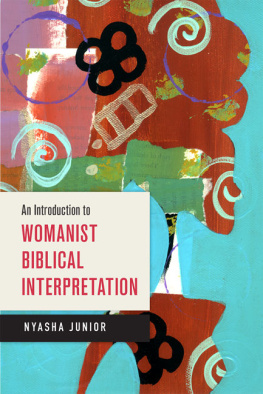
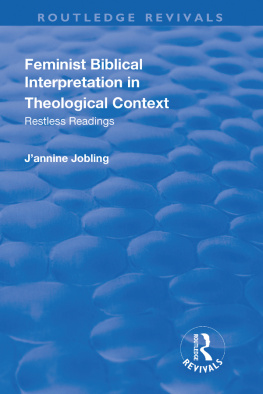
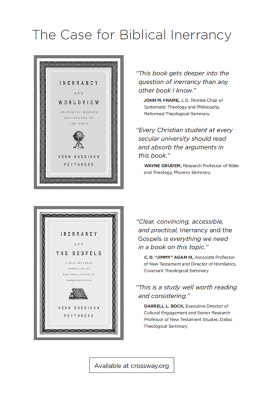
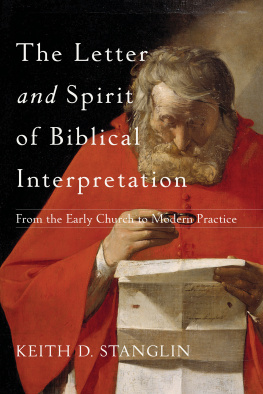
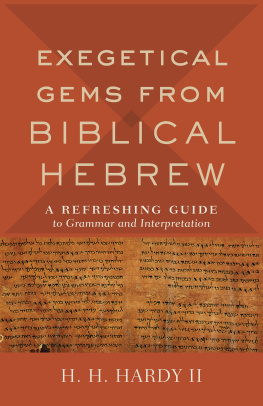


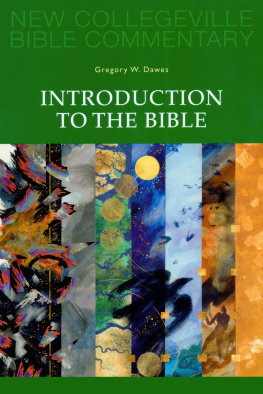
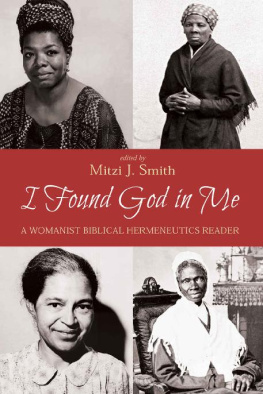
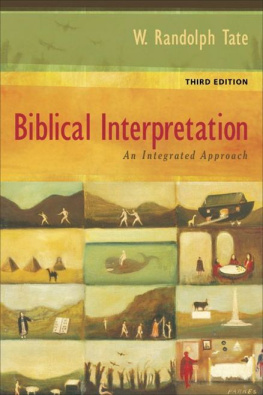
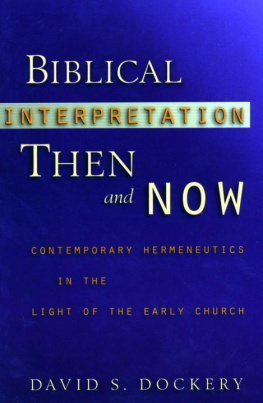
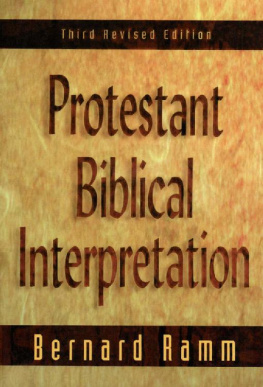
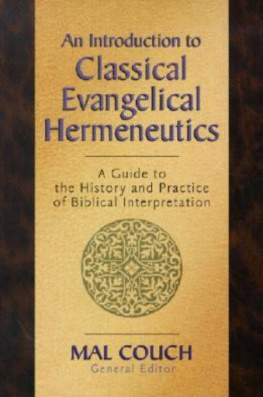


 The paper used in this publication meets the minimum requirements of the American National Standard for Information SciencesPermanence of Paper for Printed Library Materials, ANSI Z39.48-1992.
The paper used in this publication meets the minimum requirements of the American National Standard for Information SciencesPermanence of Paper for Printed Library Materials, ANSI Z39.48-1992.